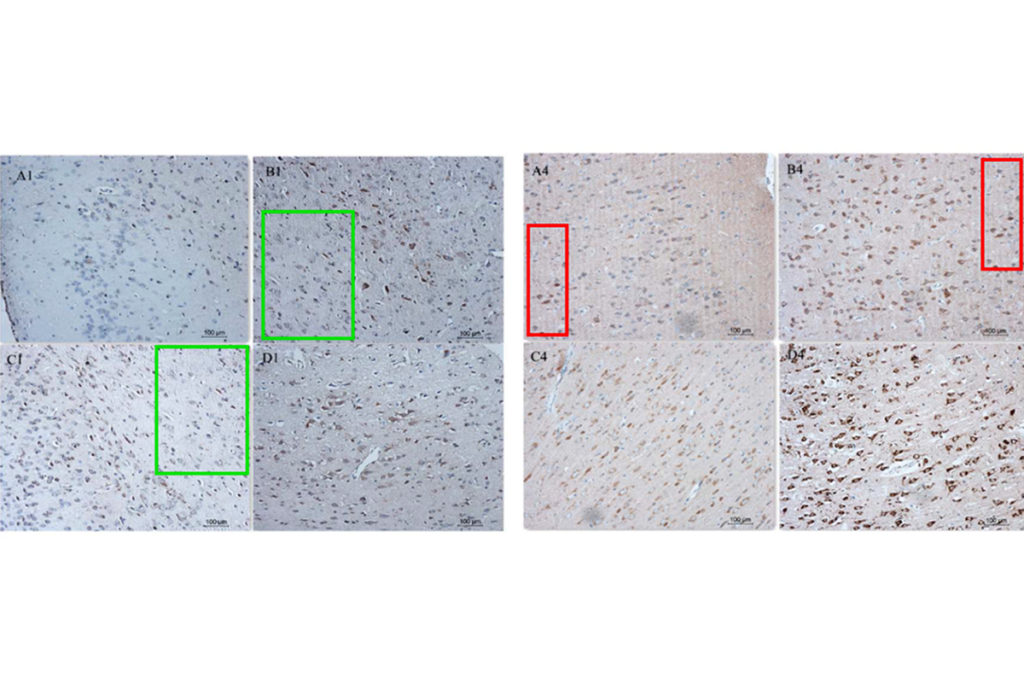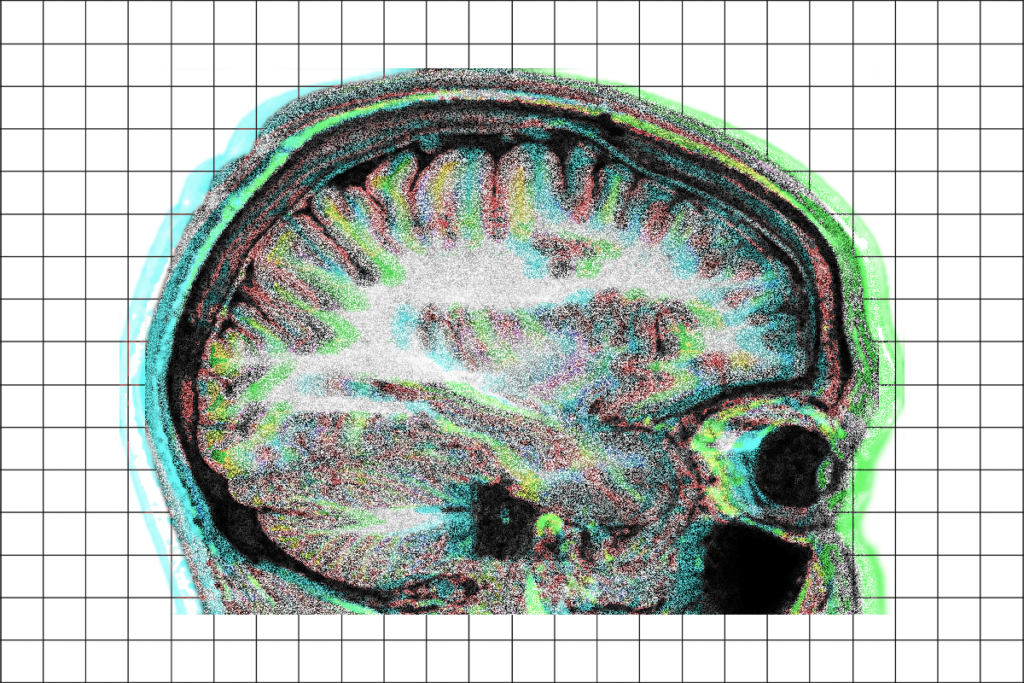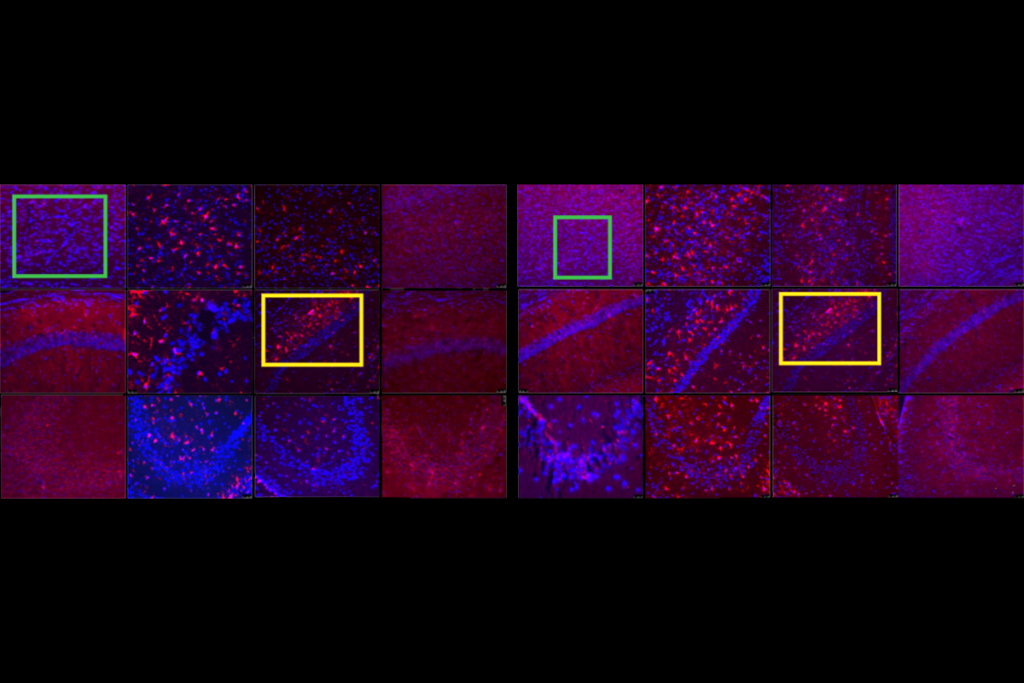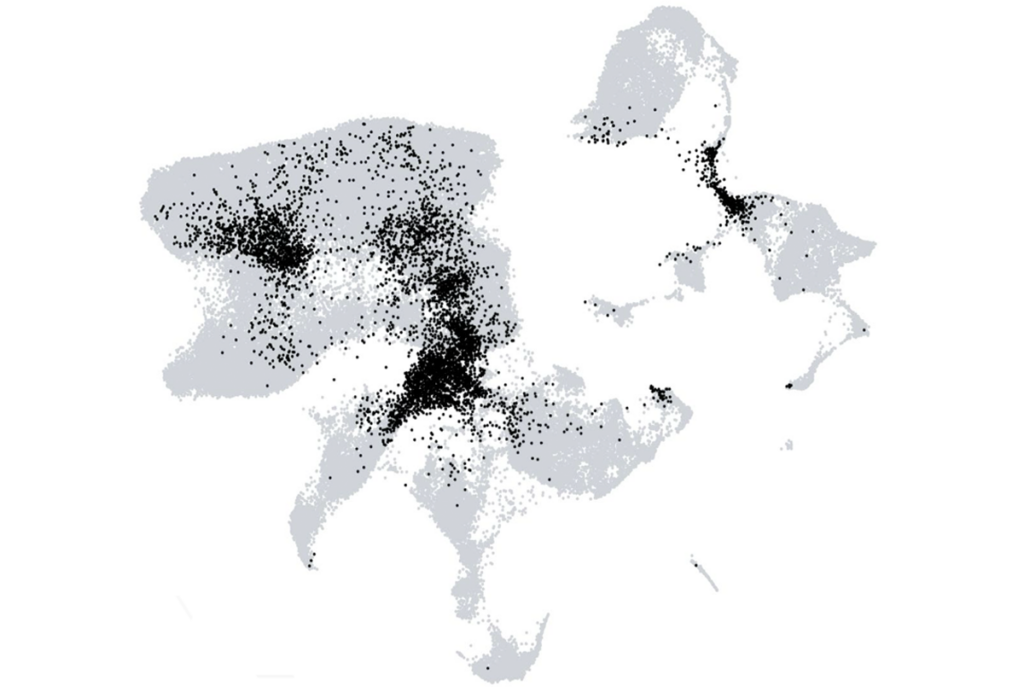Retraction
Recent articles
Largest leucovorin-autism trial retracted
A reanalysis of the data revealed errors and failed to replicate the results.

Largest leucovorin-autism trial retracted
A reanalysis of the data revealed errors and failed to replicate the results.
Exclusive: Springer Nature retracts, removes nearly 40 publications that trained neural networks on ‘bonkers’ dataset
The dataset contains images of children’s faces downloaded from websites about autism, which sparked concerns at Springer Nature about consent and reliability.

Exclusive: Springer Nature retracts, removes nearly 40 publications that trained neural networks on ‘bonkers’ dataset
The dataset contains images of children’s faces downloaded from websites about autism, which sparked concerns at Springer Nature about consent and reliability.
Journal retracts two papers evaluating ADHD interventions
Frontiers in Public Health retracted one paper for its “unacceptable level of similarity” to another paper, and the other over concerns about its “scientific validity.”

Journal retracts two papers evaluating ADHD interventions
Frontiers in Public Health retracted one paper for its “unacceptable level of similarity” to another paper, and the other over concerns about its “scientific validity.”
Image integrity issues create new headache for subarachnoid hemorrhage research
First-time sleuths found potentially problematic images in hundreds of papers about early brain injury after subarachnoid hemorrhage.

Image integrity issues create new headache for subarachnoid hemorrhage research
First-time sleuths found potentially problematic images in hundreds of papers about early brain injury after subarachnoid hemorrhage.
Authors retract Science paper on controversial fMRI method
Several known but usually negligible MRI artifacts contribute to the neuronal activity signal picked up by the method, according to a preprint the authors posted earlier this month.

Authors retract Science paper on controversial fMRI method
Several known but usually negligible MRI artifacts contribute to the neuronal activity signal picked up by the method, according to a preprint the authors posted earlier this month.
Alzheimer’s paper retracted over apparent image duplication
The editors of Neurobiology of Disease, which published the paper, also questioned how the study’s experimental protocols received ethical approval.

Alzheimer’s paper retracted over apparent image duplication
The editors of Neurobiology of Disease, which published the paper, also questioned how the study’s experimental protocols received ethical approval.
Contested paper on vaccines, autism in rats retracted by journal
The editor-in-chief cited “inconsistencies in the number of subjects” as the reason for the retraction.

Contested paper on vaccines, autism in rats retracted by journal
The editor-in-chief cited “inconsistencies in the number of subjects” as the reason for the retraction.
Alzheimer’s scientist forced to retract paper during his own replication effort
Gary Dunbar, a neuroscientist at Central Michigan University, was attempting to redo the 2020 paper after a collaborator admitted to using flawed data in the original work.

Alzheimer’s scientist forced to retract paper during his own replication effort
Gary Dunbar, a neuroscientist at Central Michigan University, was attempting to redo the 2020 paper after a collaborator admitted to using flawed data in the original work.
Nature retracts paper on novel brain cell type against authors’ wishes
A 2022 paper was retracted after an independent team of researchers reanalyzed the data and questioned its validity.

Nature retracts paper on novel brain cell type against authors’ wishes
A 2022 paper was retracted after an independent team of researchers reanalyzed the data and questioned its validity.
Exclusive: Issues with dozens of papers prompt inquiry into prolific stroke researcher
Two of John H. Zhang’s papers have been retracted, 19 have corrections, and 27 have expressions of concern.

Exclusive: Issues with dozens of papers prompt inquiry into prolific stroke researcher
Two of John H. Zhang’s papers have been retracted, 19 have corrections, and 27 have expressions of concern.
Explore more from The Transmitter
Organoid study reveals shared brain pathways across autism-linked variants
The genetic variants initially affect brain development in unique ways, but over time they converge on common molecular pathways.

Organoid study reveals shared brain pathways across autism-linked variants
The genetic variants initially affect brain development in unique ways, but over time they converge on common molecular pathways.
Single gene sways caregiving circuits, behavior in male mice
Brain levels of the agouti gene determine whether African striped mice are doting fathers—or infanticidal ones.

Single gene sways caregiving circuits, behavior in male mice
Brain levels of the agouti gene determine whether African striped mice are doting fathers—or infanticidal ones.
Inner retina of birds powers sight sans oxygen
The energy-intensive neural tissue relies instead on anaerobic glucose metabolism provided by the pecten oculi, a structure unique to the avian eye.

Inner retina of birds powers sight sans oxygen
The energy-intensive neural tissue relies instead on anaerobic glucose metabolism provided by the pecten oculi, a structure unique to the avian eye.